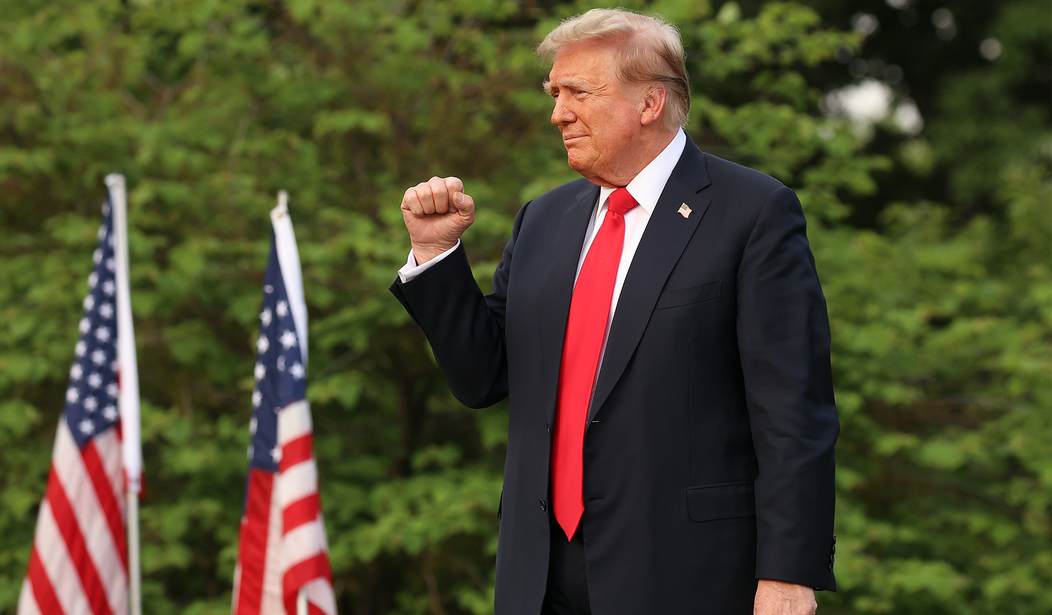You cannot print your way to prosperity – Part II
by Claudio Grass, Claudio Grass:

Interview with Theodore Deden
Claudio Grass (CG): Looking at the damage inflicted upon supply chains, production facilities and global trade in particular, how quickly could these operations snap back even if all COVID-related restrictions were lifted tomorrow? Do you think we’ll eventually get back to business as usual, or have we now experienced a permanent shift to a “new normal”?
Theodore Deden (TD): Forget about the legal COVID-related restrictions. If it were really just about social distancing, masks and the like, companies would innovate their processes to find ways to deliver. The real hit is on the operational risk side. Because of the virus, those who allocate capital are now forced to consider a whole new palette of scary possibilities.
Consider, for example, a consumer goods company with production in Taiwan. As an executive, you are going to be asking whether the goods you sell will still make it on to the short shopping lists of your customers, and what kind of price point you will be able to command in a post-Corona world. You are going to ask what the probability is of not being able to meet production commitments in the event of an outbreak at your production plant. You are going to ask whether there may be future trouble moving your product outside of Taiwan, given the increased geopolitical tensions. You are going to ask how much cash you need to keep the firm afloat, and whether it might make sense to sell some assets and pay down some debt in order to reduce the painful short-term bleeding. You will ask to what extent your sales channels have been or will be compromised by the virus, and whether it still makes sense to follow up on some market-specific product variants you had planned. You will revisit your currency exposure in light of changing macroeconomics and consider moving assets in a defensive way.
What you are probably not going to be considering is trying to expand into new business or product lines. You don’t want to risk your balance sheet, don’t want to overleverage or overextend the firm. You won’t be going on any hiring sprees – if anything, you will be trimming the fat and trying to reduce your running costs. And none of this has anything to do with official COVID restrictions.
You cannot un-ring that bell, nor put the toothpaste back into the tube. So no, we should not expect to go back to a 2019-esque “business as usual” and yes, certain aspects about how we do business have fundamentally changed, creating an entirely “new normal”.
CG: These opposing forces, the overall economic destruction of the shutdowns and the unprecedented stimulus, are fueling a “deflation vs inflation” debate among economists and investors. What do you think is the most likely scenario going forward?
TD: My six-year-old son is really into bugs, and he recently caught a caterpillar. No matter how much you read on the subject or watch videos online, let me tell you that there is something very special about seeing a caterpillar form a chrysalis, then liquefy its internal parts and re-form them into a beautiful butterfly. Truly special. And this is exactly what ought to happen to the world economy. Its productive pieces are good but they are organized around cheap fiat currencies dominated by the declining US dollar and highly dependent thereon. So, take them apart, reorganize, start over. Maybe with a gold-backed currency – that would be something, wouldn’t it?
That’s what should happen. What will happen is not so easy to predict. For one thing, inflation and deflation are context-specific. You could easily have deflation in Europe while inflation rages in the US. Trying to sort out what will happen in each region at this point is much like trying to predict how a collection of chess games are likely to evolve before the players have even made their second moves. What measures will each nation take in an effort to either cheapen its currency or otherwise bolster its economy? What nations may end up at war? So much is still unknown that it is best to prepare for multiple scenarios.
It is not unthinkable that the US will have to go through a hard crash – collapse in money, destruction of capital, breakup of the states, maybe civil war… even if the decline is a bit slower and softer, there is no turning back to its glory days of unipolar hegemony in the post-cold-war era. How will Europe react, with all its own problems? If the Euro is sought after as a safe haven by people fleeing the US Dollar, what chance does the ECB have to meet its inflation target? Or will tectonic shifts in European geopolitics undermine trust in the Euro and push it the opposite direction?
I wouldn’t be surprised to see Switzerland suffering greatly as a result of the collapse in America and turmoil in Europe. Imagine if just a small fraction of the savings currently held in Dollars is exchanged for Swiss francs: Will the SNB be able to create enough to satisfy the enormous potential safe-haven demand for the currency, without ushering in a great deflationary spiral? Can you imagine the pain in the Swiss real estate market alone? It’s certainly a scenario to consider.
CG: As though the COVID crisis wasn’t enough, we’ve also witnessed a great deal of social unrest and geopolitical frictions over the last months, on top of the growing tensions over the imminent and extremely divisive US election. What are the main risks you think investors should be paying attention to in the coming months?
TD: Model risk on both micro and macro level is, in my view, the biggest risk an investor is exposed to today. To address it, one will need to throw out conventional financial theory with respect to asset allocation, as well as to relative riskiness of asset classes, sectors, currencies and geographies. Forget what you think you know about diversification benefits. Question everything. Don’t be afraid to hold cash and precious metals in lieu of more “sexy” assets. When the storm comes, you want to have everything that is valuable to you with you in the storm shelter.
Traditional thinking is to save regularly, invest prudently, and let compounding multiply your nest egg over a long time horizon. This traditional approach will not work well in these turbulent times. These are times in which fortunes are made and lost quickly – they offer great opportunity and great risk. Don’t be afraid to say that you don’t know, park your cash and precious metals, and wait and observe.
Next to model risk, another important risk for many investors is the trend toward wealth confiscation. The young generations in the West have lost the deeply held skepticism toward Socialism and Communism that characterized their grandparents’ and great-grandparents’ generations. Calls for greater degrees of taxation and outright confiscation are getting louder, and the smart money – and with it the resistance toward confiscatory measures – is already fleeing the riskiest jurisdictions like California and New York. Be aware, however, that changing your domicile may not be sufficient to protect you from the full ravages of a hungry and sociopathic state.
In times past, hiding one’s wealth was a viable option, but in today’s world this comes with a whole host of legal risks of its own, as the process of hiding, transporting, and utilizing hidden wealth may fall under the broad and ambiguous arch of money laundering legislation. Even if the wealth was originally from legitimate savings, this kind of activity will put the burden of proof back on the owner to demonstrate that it is not illicit.
What’s important to remember is that when confiscation comes, it is always the low-hanging fruit that goes first: financial assets held in deposit or custody at licensed financial institutions. So, if you expect that confiscation could come to your home country, you might want to consider moving some assets away from there. And remember, they don’t have to be hidden in order to be hard to confiscate. I can legally own a vacation property in a foreign country that is fully disclosed and declared on my tax return, and this is almost impossible to confiscate by the home country.



